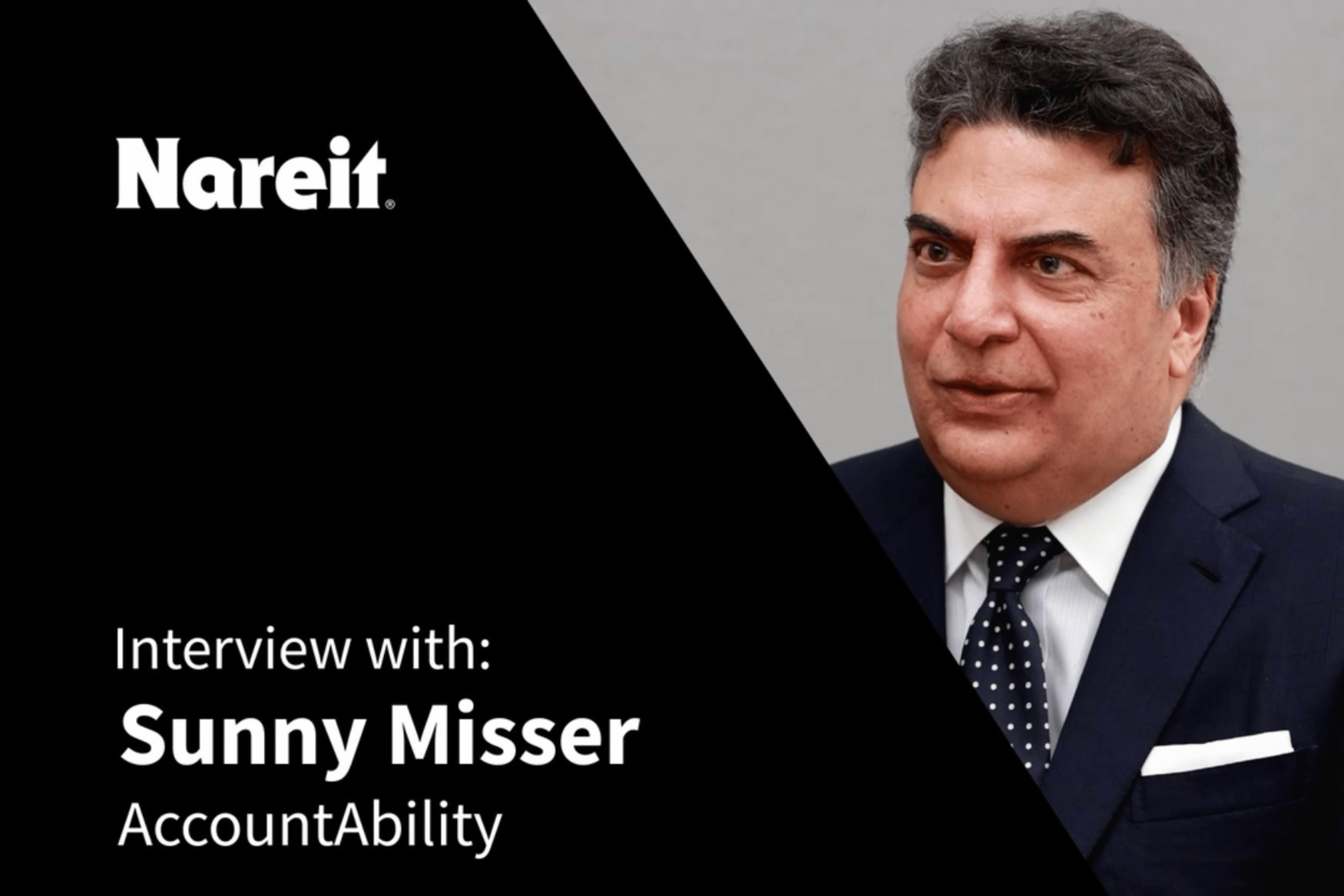To Build Trust, Businesses Must Reimagine Stakeholder Engagement

Daniel Metzger, Senior Manager, and Johanna Forsgren, Senior Associate, published in Climate Action.
Article originally published in Climate Action here.
In a society currently dominated by social injustice, economic crisis, disease, and rampant misinformation, global trust in leaders and institutions is quickly eroding.
In this cloud of mistrust, Edelman’s 2021 Trust Barometer Study found that businesses emerged as the most trusted sector globally, with a trust level of 61% and standing as the world’s only “ethical” and “competent” sector when compared to the government, NGOs, and media.
The pressure is on for businesses to reinforce stakeholder trust and hold this favorable market position.
In fact, stakeholders do not just want – but expect – CEOs and business leaders to fill the “trust void” and lead with transparency, as Edelman found 62% of the general population expects CEOs to hold themselves and their organizations accountable to the public, beyond their Board of Directors or Investors.
In this environment, effective, inclusive, and high-quality Stakeholder Engagement (the process used by an organization to engage relevant stakeholders for a clear purpose to achieve agreed outcomes) has become a business necessity – driving consumer loyalty, talent attraction and retention, business innovation, regulatory compliance, and investor interest.
Blackrock Chairman and CEO Larry Fink reinforced the strategic value of Stakeholder Engagement in his 2021 Letter to CEOs, stating, “The more your company can show its purpose in delivering value to its customers, its employees, and its communities, the better able you will be to compete and deliver long-term, durable profits for shareholders.”
The stakeholder trust challenge is heightened for public utilities, telecom companies, and other service-driven organizations, which can be “primed” for stakeholder mistrust as brand associations are often driven by episodic gaps in service rather than appreciation for day-to-day performance. The monopolistic nature of these companies makes strengthening, measuring, and communicating trust particularly difficult, though the business imperative of regular and robust Stakeholder Engagement can be of equal value to any organization that needs to determine the most effective ways and means for reaching and responding to a diverse consumer base.
AccountAbility’s approach to Stakeholder Engagement is rooted in the AccountAbility Stakeholder Engagement Standard (AA1000SES) – the most widely applied Stakeholder Engagement Standard, which establishes the global benchmark for ensuring high-quality Stakeholder Engagement strategies, initiatives, and communications.
By conducting a “Healthcheck” against a company’s existing Stakeholder Engagement practices, AccountAbility:
- “Scores” a company’s Stakeholder Engagement performance based on stakeholder perceptions via surveys and interviews, document review, data analysis, and industry and peer benchmarking, coupled with AccountAbility’s proprietary performance management and improvement algorithm based on the core performance categories in the AA1000SES.
- Identifies a company’s Stakeholder Engagement “Maturity,” ranging from Beginner to Distinguished, allowing participants to clearly understand and communicate current performance, set targets, and track progress.
- Engages company leadership, managers, and employees from across the business to strengthen organization-wide Stakeholder Engagement awareness, alignment, and competencies.
- Delivers a Recommendations Roadmap to guide, improve, and innovate Stakeholder Engagement practices for the future. In fact, 100% of AccountAbility’s Stakeholder Engagement Healthcheck participants show year-over-year performance after addressing gaps and implementing recommendations.
- Issues a Stakeholder Engagement Performance Badge for companies to emphasize their commitment to listening to, learning from, and making decisions for their stakeholders.
National Grid’s Stakeholder Engagement Manager, Electricity Transmission, Gary Stokes, shared that the format and content of AccountAbility’s Stakeholder Engagement “Healthcheck” service “have enabled [National Grid] to identify gaps and take targeted actions to improve its approach to stakeholder engagement each year.” National Grid reinforces its dedication to meeting the needs of its stakeholders by participating in AccountAbility’s Stakeholder Engagement “Healthcheck” process annually. He continued, “For a business like ours, which until a few years ago only tended to engage in pockets, working with AccountAbility has provided a focus around which to build our improvement.”
To further institutionalize Stakeholder Engagement as a driver of business strategy, leading organizations are also:
- Elevating Stakeholder Engagement to become a dedicated function within their corporate governance and leadership structures.
- Expanding stakeholder feedback mechanisms, such as through regular employee and supplier surveys, stakeholder management dashboards, real-time action trackers, and ongoing conversations with regulators and non-governmental organizations.
- Disclosing “Healthcheck” outcomes and related Stakeholder Engagement improvement initiatives in annual regulatory and sustainability reporting.
As stakeholders increasingly expect more from businesses to validate their social license to operate, organizations must reimagine how they evaluate and innovate their Stakeholder Engagement practices to ensure resilience in the years ahead.
To learn more about AccountAbility’s approach to supporting Stakeholder Engagement – including how to leverage the “Healthcheck” process to earn a Stakeholder Engagement Performance Badge in recognition of your company’s commitments to meeting stakeholder needs – get in touch here or reach out to communications@accountability.org.
Fill in your details to view this article
Similar Insights

.jpg)

